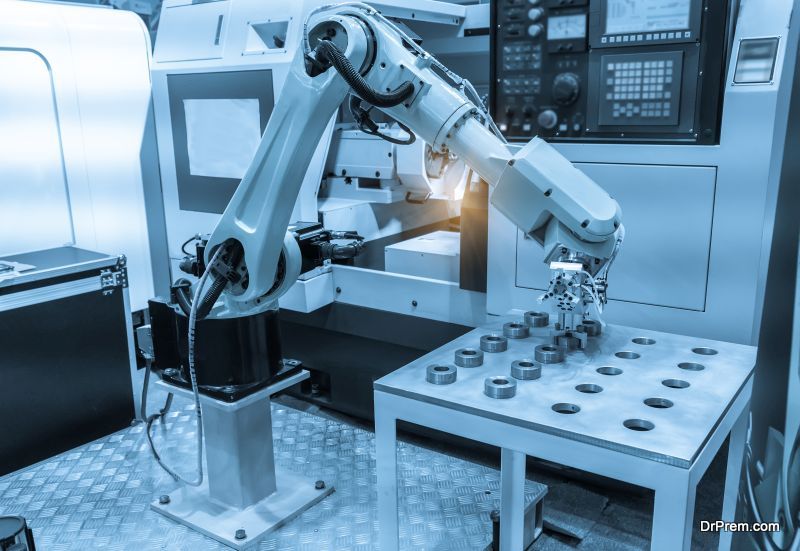Humans are moving more into AI’s and robotics. These advances in technology have made our lives easy, since automation has slowly but surely taken over to revolutionize our existence and yes, the industrial sector too. Notwithstanding the fact that India is one of the fastest growing economy, are we, the Indians, made up our minds already to follow this trend? Are we ready for the automation revolution?
Automation Revolution
Factories and production units are becoming smarter and more productive with the introduction of Robotics and computer aids. With automation, the error component is low and hence, industries are achieving faster production time.
Though it is making industries more productive, it is believed automation will replace humans in no time. This will cause less human work force and lesser jobs.
India and its Economy Status
India has one of the largest economies in the world. Telecom, automotive and IT contribute a major share to the Indian economy. India has the second largest work force in the world just behind China. Although India is considered as one of the fastest growing economies, the unemployment ratio is also the one of the largest. India has to create 10 million job opportunities every year in order to reduce the unemployment ratio of the nation.
Automation in India and how will it affect
The automation rate in India is low as compared to other nations. If India needs to compete with China and other nations for better productivity and growth, it has to embrace automation in its industrial sector. The Indian industrial sector is unable to accommodate the workforce that it already has; this is one of the main reasons for unemployment rates. The work force lacks the skill set which the industries seek, because the educational system fails to provide the adequate knowledge and vocational skills to its students.
Automation can also affect the ‘Make in India’ program, which is meant to empower the economy and make the industrial sector more productive. Make in India was also meant to improve the employment rates for the youths of India. If automation is introduced, it can improve the productivity of the country, but it’ll also reduce the job opportunities which will be a major setback to the program.
What is favorable then?
China, India’s main competitor in the global market has already started works on automation of its industrial sector. They have started research in the field of automation and they have started educating its people about automation. To be more productive and making its economy better, India has to embrace automation. But this should be done without making the unemployment rates worst. India has to put more efforts in R&D of automation products, as it already has the potential and work force to develop automation products indigenously. The Indian educational system should also improve, providing adequate skills and training to trainees. The vocational and technical training institutions will have to raise their teaching standards which in turn enable their students to make the difference in automation field.
If India can make all these changes in their educational field and make the people aware how to embrace automation, it will become a better economy than it is as of now.





